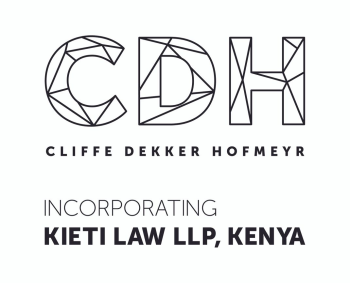In 2015 various discretionary powers granted to the South African Revenue Services (SARS) commissioner in the context of the assessment provisions contained in the Income Tax Act (58/1962) were removed in order to formalise South Africa's move towards income tax self-assessment. This realignment was done against the backdrop of international research conducted as part of a study on transitioning to income tax self-assessment, which confirmed that the international trend was a move away from administrative income tax assessment towards self-assessment and voluntary compliance.
One of the provisions affected by the realignment was the doubtful debts allowance contained in Section 11(j) of the act, which provides for a deduction of an amount that represents debts which are doubtful. The allowance is made only in respect of debts which would have been allowed as a deduction had they become bad. Notably, Section 11(j) afforded the SARS commissioner the discretion to decide whether a debt was doubtful. In line with the removal of the remnants of the administrative assessment system, the commissioner's discretion in respect of the doubtful debt allowance under Section 11(j) was to be deleted with effect from a date to be determined by the minister. The intention behind the deletion and substitution of an amended Section 11(j) was that, in future, the allowance would be claimed according to certain criteria set out in a public notice issued by the commissioner.
One issue with such a proposal was the risk that the public notice may have been:
- limited to the extent that it failed to consider certain taxpayers' circumstances; and
- thus too broad in its defining criteria.
Nevertheless, while there has been engagement between SARS and the banking industry on this matter given the significant impact that it has on that industry, to date, no general criteria have been formulated and published, as originally intended. In any event, as the new proposed Section 11(j) of the act has yet to come into effect, the commissioner's discretion is still applicable. To date, SARS has generally allowed:
- a 25% deduction of a taxpayer's list of doubtful debts; or
- a deduction based on a formula.
In the recent budget, the minister announced that instead of publishing the criteria for determining the allowance in a public notice, it is now proposed that they be included in the act. The certainty that this is intended to bring and the move towards more objective criteria will be welcomed by taxpayers. However, it will be interesting to analyse and consider the draft legislation once it has been published, bearing in mind that different industries will be affected by different criteria.
For further information on this topic please contact Jerome Brink at Cliffe Dekker Hofmeyr by telephone (+27 115 621 000) or email ([email protected]). The Cliffe Dekker Hofmeyr website can be accessed at www.cliffedekkerhofmeyr.com.
This article was first published by the International Law Office, a premium online legal update service for major companies and law firms worldwide. Register for a free subscription.



